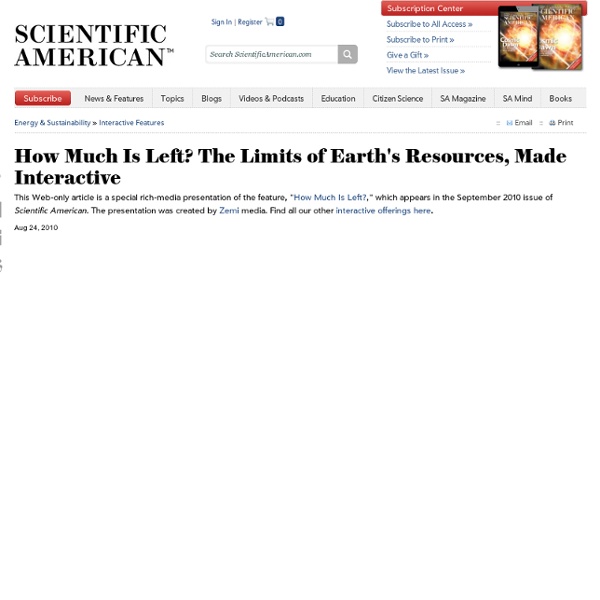



Justine Musk The Story of Stuff with Annie Leonard Willis Harman Willis Harman (August 16, 1918 – January 30, 1997)[1] was an American engineer, social scientist, academic, futurist, writer, and visionary. He is best remembered for his work with SRI International, for being president of the Institute of Noetic Sciences in California,[2] and for his work in raising consciousness within the international business community.[3] Early life and education[edit] Career[edit] Harman taught for several years at the University of Florida before joining the Stanford faculty in 1952.[2] He eventually left Stanford to become a senior social scientist at SRI International where he initiated a futures research program, exploring the national and global future. In this capacity he worked on long-term strategic planning and policy analysis for an assortment of corporations, government agencies, and international organizations.[4] He then served as president of the Institute of Noetic Sciences from 1975 until his death in 1997. Selected works[edit] References[edit]
Sustainability 24 A Live Broadcast from Accenture Strategy Sustainability 24 is a day where Accenture advances the business sustainability debate amongst business and government leaders, civil society and other stakeholders across the globe. This year’s focus will be on “Driving Competitiveness through Sustainability”. Sustainability 24 is a unique virtual conversation connecting thousands of people, via a 12-hour online broadcast, featuring industry and theme-focused debates. Our 2014 agenda will build on last years' success with a broader range of session themes—enabling us to bring in more perspectives —running at key locations across the globe, more studio discussions to reflect and expand on key points from the sessions, and we’ll incorporate interviews with various luminaries to provide extra stimulation and debate. Register now Learn more about Accenture Sustainability Services
The 1931 Histomap: The entire history of the world distilled into a single map/chart. The Vault is Slate's history blog. Like us on Facebook, follow us on Twitter @slatevault, and find us on Tumblr. Find out more about what this space is all about here. This “Histomap,” created by John B. This giant, ambitious chart fit neatly with a trend in nonfiction book publishing of the 1920s and 1930s: the “outline,” in which large subjects (the history of the world! The 5-foot-long Histomap was sold for $1 and folded into a green cover, which featured endorsements from historians and reviewers. the actual picture of the march of civilization, from the mud huts of the ancients thru the monarchistic glamour of the middle ages to the living panorama of life in present day America. The chart emphasizes domination, using color to show how the power of various “peoples” (a quasi-racial understanding of the nature of human groups, quite popular at the time) evolved throughout history. It’s unclear what the width of the colored streams is meant to indicate.
Why Social Media Intelligence Enables Stakeholder Engagement The American Productivity & Quality Center (APQC) describes knowledge management as a mindset that extends beyond the flow of traditional business process. It focuses on the dissemination of information, engagement of key resources, and ultimately the adoption rate of best practices across the entire value chain. As a sustainability consultants, we believe knowledge management and sustainability concepts to be intricately aligned. In fact, we find knowledge management to be a critical aspect of business sustainability. Social media has an emerging role in knowledge management. Creating bridges between the corporate world and its stakeholders, social media closes the gap on knowledge management and business intelligence. In the old days, corporate intelligence gathering meant painstakingly gleaning information from experts and competitors' reports. Information or Data Collection Crowdsourcing Brand and Reputation Management Public Relations Media Management Crisis Management
OUR ENERGY FUTURE Copyright © 2006, Harold Aspden This website presents a deliberately concise summary account of something of vital importance to the future of mankind. The world needs a new source of energy, one that is not an exhaustible commodity subject to powerplay as between nations. First, however, let me introduce myself. Message No. 1: Physicists have come to recognize that there exists a quantum underworld alive with energy and permeating all space. There is also a secret they have yet to fathom. How else could the Sun spinning about its own axis have come into existence? In depth analysis of the physics involved, meaning the effect of the resulting radial electric field on that quantum underworld, then allows one to calculate the resulting rate of spin and thereby understand how the solar system was created. Scientists lacking the necessary imagination do not seek to understand how the thunderball is created and so they seldom write about it. Dr. 2007 Update Harold Aspden, 19th March 2006
s Sustainable Business Blog “Conflict Minerals” has been a hotly debated topic for some time, but most recently given the last minute provision was included as Section 1502 of the Dodd-Frank Wall Street Reform and Consumer Protection Act (the Final Rule). This legislative provision was profound in nature, representing a legislative avenue through the use of economic levers to attempt to address what many suggest1 is a national security issue. The provision’s mandate to the Securities and Exchange Commission (SEC) to finalize an implementation rule requiring publicly listed companies to implement due diligence measures to determine source and chain of custody of defined minerals used in their products introduced into the stream of commerce represents an emerging movement towards increased transparency in corporate business practices. From our discussions with companies that began during the SEC’s rulemaking process, to our ongoing efforts in assisting companies with compliance, this is really hard!